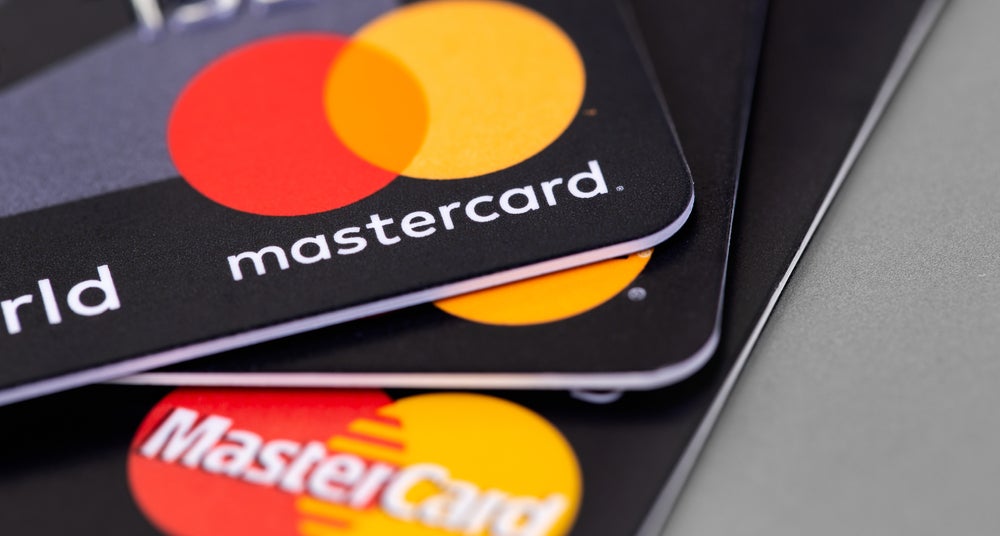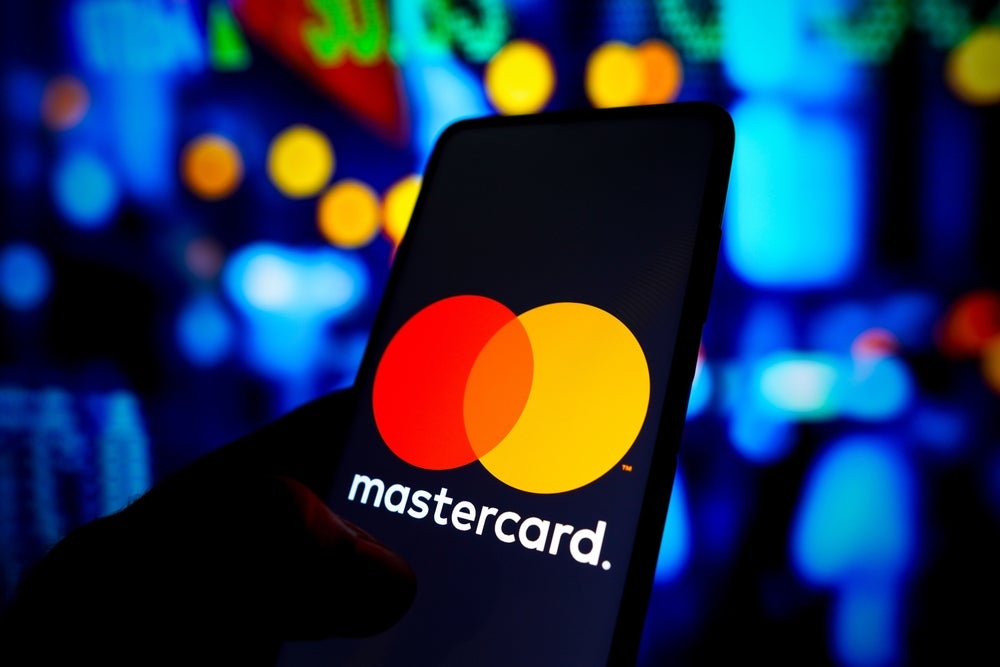As the rush for cards to become more flexible and more accessible continues, it is easy for security to get left behind. However, this is not the case for Getin Bank’s new DCVC card, the world’s first, which combines the three key factors. Patrick Brusnahan reports on this new innovative offering and the others not too far behind
Poland-based Getin Bank has launched its new DCVC (Dynamic Card Verification Code) card. It looks and acts like any other payment card consumers have in their wallets, but with one key difference. The static three-digit verification code is no longer static. According to the bank, this is the first, and currently only, payment card with a dynamic CVC security code.
A new code is refreshed and generated automatically every hour. This is due to the embedded chip in the card which contains a code configuration algorithm. This eliminates potential security threats, such as theft, fraudulent card-not-present (CNP) transactions, database hacking, and others.
The process is identical to using a regular card. Clients enter the required data, including the new verification code (displayed on the mini-screen on the reverse of the card). Upon authorisation, the payment acceptance is automatically transferred to the online shop.
According to the bank, the solution is also more intuitive and faster than other security protocols for securing online transactions, such as 3D Secure, which needs the cardholder to enter additional codes sent by SMS on a mobile phone, adding time to online transactions.
When talking to CI, Pawe? Wawiernia, Head of Cards and Alternative Payments, Getin Noble Bank, says: "The DCVC technology is compliant with the existing online payment infrastructure, so it is easily implementable for e-merchants. They don’t have to specially adapt the payment form on their website or manage additional connections. The DCVC number entered by the client is being processed just as a regular CVC verification code in a standard online transaction."
Deployment
The product is still in the pilot stage to make sure that the product meets Getin Bank’s customers’ expectations and needs. However, the bank hopes to have the fully out to its customers by the end of the second quarter of the year. However, it will be optional and not mandatory.
How well do you really know your competitors?
Access the most comprehensive Company Profiles on the market, powered by GlobalData. Save hours of research. Gain competitive edge.

Thank you!
Your download email will arrive shortly
Not ready to buy yet? Download a free sample
We are confident about the unique quality of our Company Profiles. However, we want you to make the most beneficial decision for your business, so we offer a free sample that you can download by submitting the below form
By GlobalDataWawiernia says: "While building the deployment strategy, we are carefully monitoring the market demand and the customers’ reception of the innovation. We truly believe that the increasing need for improving transaction security will result in a positive response to the dynamic security code solution."
One possible roadblock, especially considering that the DCVC Card is an optional solution, is whether customers will actually take it on board. While newer, younger consumers are happy to welcome innovation; the older, more traditional consumer may not be willing to change. The key is not to focus on the differences of the card, but the benefits.
Wawierna says: "Our marketing plan aims at highlighting the key benefits of the DCVC card, which provides clients with a secure access to online services together with an unchanged user experience. We’d like to reach a diversified target group. Not only customers looking for the latest digital banking solutions, but also more traditional clients, who up till now have been quite reluctant towards online payments."
Secure solutions
The key thing with online payments, particularly when considering older consumers, is to make everything as secure as possible. Not only that, but also convincing your customers that it is as secure as the bank says it is. Getin is trying to do that, but also has a few other security options coming up.
Wawierna says: "One of our main priorities is to provide our clients with secure and reliable processing of their transactions, including both virtual and stationary methods.
"As a bank, we recommend our clients to take usual precautions regarding payment security, but above all, we offer the wide range of banking products, guaranteeing the top level of safety. The DCVC Card is our response to the growing concerns about the security of online financial services.
"This year, we are also planning to introduce another revolutionary product; a biometric payment card featuring an embedded finger print sensor. This innovative solution, integrating a biometric authentication system, will help to significantly raise the security level of contactless payments."
Getin Bank is looking like a bank that wants to heavily raise its profile and not only in the security sphere. According to reports, the chief executive of the Polish lender, Krzysztof Rosinski, said that his goal is to exceed market expectations and wants the bank to earn PLN340m ($95.3m) in 2015.
In addition, he also believed that in the second quarter, the bank’s provisions for bad loans will be lower than in the first three months of the year and that he expects improvement in the net interest income.
Last year, the bank, controlled by billionaire Lesnek Czarnecki, had a net profit of PLN360m.
In addition, sources have suggested that Getin were one of the banks looking to take control of another Polish lender, Alior Bank, earlier this year. However, the 25% stake was eventually bought by Poland’s state-controlled insure firm PZU for $436m.







